Food allergies are a significant health concern for many individuals, affecting people of all ages. Some of the most common food allergens include dairy, eggs, wheat, gluten, and shellfish. In this blog post, we will explore the symptoms, diagnosis, management, and prevention of food allergies related to these specific allergens.
Dairy Allergy:
A dairy allergy is an adverse immune response to the proteins found in milk and dairy products. Symptoms of dairy allergy can range from mild to severe and may include hives, stomach cramps, vomiting, or even anaphylaxis. Avoiding dairy products and reading food labels carefully is essential for individuals with dairy allergies. Dairy-free alternatives such as soy milk, almond milk, or coconut milk can be used as substitutes.
Egg Allergy:
An egg allergy is characterized by an immune reaction to the proteins found in eggs. Symptoms of egg allergy may include skin rashes, swelling, abdominal pain, and respiratory distress. When managing an egg allergy, it is important to avoid consuming eggs in any form, including baked goods, sauces, and dressings. Egg substitutes such as applesauce, mashed banana, or commercial egg replacers can be used in cooking and baking.
Wheat Allergy:
A wheat allergy occurs when the immune system reacts to proteins found in wheat, leading to symptoms such as hives, eczema, gastrointestinal distress, or respiratory issues. Individuals with a wheat allergy should eliminate wheat-based products from their diet, including bread, pasta, and baked goods. Alternative grains such as rice, quinoa, and buckwheat can be used as substitutes for wheat in cooking and baking.
Gluten Sensitivity:
Gluten sensitivity, also known as non-celiac gluten sensitivity, is a condition characterized by adverse reactions to gluten-containing foods. Symptoms of gluten sensitivity may include abdominal pain, bloating, fatigue, and diarrhea. Managing gluten sensitivity involves following a gluten-free diet and avoiding foods containing wheat, barley, and rye. Gluten-free alternatives such as rice flour, almond flour, and cornmeal can be used in gluten-free cooking and baking.
Shellfish Allergy:
Shellfish allergy is one of the most common food allergies and can cause severe allergic reactions. Symptoms of shellfish allergy include hives, swelling, nausea, and difficulty breathing. Avoiding shellfish such as shrimp, crab, lobster, and clams is crucial for individuals with this allergy. Cross-contamination with shellfish can occur in restaurant kitchens, so it is important to communicate food allergies when dining out.
Diagnosis and Management:
Diagnosing food allergies involves a combination of medical history, allergy testing, and elimination diets. Once diagnosed, individuals with food allergies must carefully manage their diet to avoid exposure to allergens. Reading food labels, asking about ingredients when dining out, and carrying an epinephrine auto-injector (EpiPen) for severe reactions are essential steps in managing food allergies.
Prevention:
Preventing allergic reactions to food allergens involves being vigilant about food choices, reading labels, and communicating food allergies to caregivers, schools, and restaurants. Educating family members, friends, and caregivers about the severity of food allergies is crucial for creating a safe environment for individuals with food allergies.
In conclusion, food allergies to dairy, eggs, wheat, gluten, and shellfish can cause a range of symptoms, from mild discomfort to life-threatening reactions. Understanding the symptoms, diagnosis, management, and prevention of food allergies related to these specific allergens is essential for individuals with food allergies and their caregivers. If you suspect a food allergy, consulting a healthcare professional for appropriate testing and personalized guidance on managing food allergies is crucial for maintaining health and well-being.
It is important to note that the NOMOSIK therapy has not been evaluated by the FDA and is not intended to diagnose, treat, prevent or cure any disease. It specifically tests and treats for neuro-physiological imbalances in the body. Please see reviews of the amazing recoveries patients have noted with their illness and allergies following treatment of these imbalances. These treatments do not constitute the practice of medicine and are intended solely for the purpose of addressing muskulo-skelital conditions through alternative therapeutic means.

